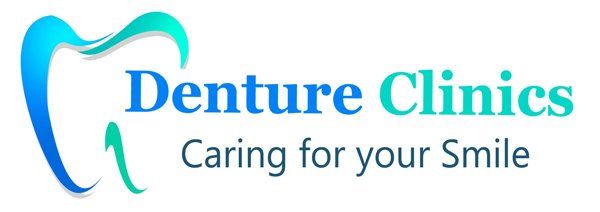Good Oral Health
At Ang Iyong Bahagyang Pustiso

Panatilihin ang Iyong Pangangalaga sa Bibig
Mahalaga na panatilihing malusog ang iyong bibig, lalo na kapag nagsusuot ka ng mga pustiso. Sa aming mga Denture Clinics, maaaring suriin ng aming koponan ang iyong bibig at ang iyong mga pustiso at magbigay ng payo kung paano pinakamahusay na nagmamalasakit sa iyong bibig.
Ang isang Dentista ay maaaring magbigay sa iyo ng pinakamahusay na payo sa pangangalaga ng bibig.Pinapayuhan namin na nakikita mo ang isang dentista sa isang regular na batayan upang matiyak na ang iyong mga ngipin at mga gilagid ay pinananatili sa isang tunog at malusog na kalagayan.
As Dental Prosthetists we see all sorts of oral conditions. We see the “good” and the “bad”. We use visual and digital means to detect any obvious abnormalities. We check for the four classic signs of inflammation by probing and asking questions such as:
- Do you experience heat or pain, can we detect redness or swelling?
- Do you have sensitive teeth?
- Experiencing pain with cold and /or hot drinks?
- Do you have a dry mouth (lack of saliva)?
- Do your gums bleed
- etc
We check to see if a partial denture can be placed around your natural teeth and over your gums.
- Do you experience discomfort in or around your mouth or ears?
- Can we hear or feel clicking around our ears during movements?
- Are there any obvious cavities, broken teeth, root or bone fragments?
- Are any teeth loose or decayed?
- Are there lumps or bumps and oral tissue discolouration?
A GOOD DIET
Avoid sugar, drink lots of water, limit snacks between meals, watch what you eat.
DENTURE HYGIENE
It is important to understand that your partial dentures must be kept in a clean and hygienic condition. On most occasions we prefer you to remove your denture during sleep and use a cleaning technique as recommended.
Partial dentures must be maintained and be regularly checked for:
• Excessive wear of fitting surfaces and teeth
• looseness and discomfort
• cleanliness, staining and build up of plaque (bacteria)
• broken or bent clasps around teeth
• structural integrity
BRUSHING YOUR TEETH
Please make sure to remove your partial dentures when brushing or flossing. It is plaque that causes tooth decay and gum disease. Using regular and proper tooth brushing techniques and a good toothbrush (small bristle or rotating electric) will help you achieve the best results.
“To gain the maximum benefit from brushing your teeth, you should be brushing for at least two minutes morning and night, spending roughly 30 seconds on each quarter of your mouth.” (www.ada.org.au)
CLEANING YOUR DENTURES
Different type of partial denture materials and hygiene conditions will require different techniques, Start off by filling your sink 1/3 with water to avoid damage should the denture slip out of your hands. Try to hold the denture with your thumb and index fingers rather than hold and possibly squeeze it in the palm of your hand. After brushing your natural teeth use whatever foam is left on your tooth brush to “flick” out any food debris. Use gentle rotating brush movements between the teeth. Non-flexible, semi-flexible and metal dentures can be cleaned under warm water, but fully flexible dentures use HOT tap water. During sleep, once removed place in cold water in a cup with a lid. You can add one teaspoon of white vinegar as this method is economical and seems to work well. If you smoke and use strong spices you may need to use commercial cleaners to remove any stubborn stains. If you don’t succeed seek our assistance as a professional clean may be necessary.












